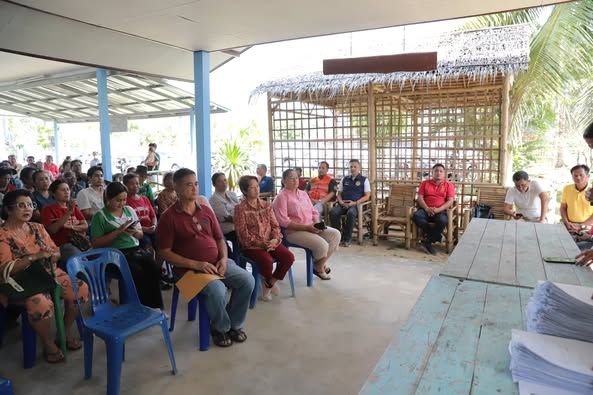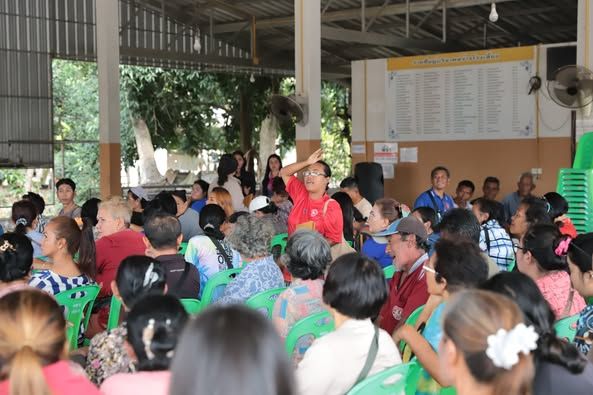The push to end commercial exploitation and restore Thailand’s national treasures to their natural habitat
The Historical Role of Elephants in Thailand
Elephants have long been a revered symbol of Thailand, playing significant roles in the country’s history, culture, and traditional beliefs. Their strength and intelligence made them valuable assets in warfare, transportation, and heavy labor.
One example of their historical use is in the timber industry, where they transported heavy logs through dense forests. Their remarkable ability to navigate such environments allowed them to excel where modern machinery could not. In 1989, the Thai government banned logging due to concerns about deforestation, leading to a shift in the role of elephants from labor to entertainment.
The Plight of Captive Elephants
According to 2021 research by the World Animal Protection (WAP) organization, Thailand has approximately 4,000 elephants in captivity, with numbers increasing due to breeding. Many of these captive elephants suffer mental and physical abuse in entertainment venues, living in poor conditions with limited space and interaction with their herds.
Hatai Limprayoonyong, a campaign manager for wildlife at WAP Thailand, highlights the negative impact of captivity on elephants, stating that they are social creatures that require interaction with their herds. The exploitation of elephants as entertainment products denies them the opportunity to live natural lives.
The Shift to Elephant-Friendly Venues
WAP has been advocating for a change in elephant tourism, promoting a transition to more elephant-friendly venues. In accordance with WAP’s guidelines, elephants should be allowed to live in a natural state and not be subject to stressful activities such as riding or bathing.
In 2017, WAP supported several local elephant camps in transforming into elephant-friendly venues. One successful example is Chang Chill in Chiang Mai, which now allows visitors to observe elephants from a safe distance, without engaging in harmful activities.
The Road to Legal Changes
In early 2022, WAP drafted a bill with support from various organizations, aiming to prohibit the capture of elephants, use of cruel training methods, and commercial breeding. However, the dissolution of parliament has delayed the bill’s progress. WAP plans to work with the new government to further advocate for the bill, which could revolutionize the welfare standards for captive elephants in Thailand.
Educating the Public and Encouraging Change
WAP emphasizes the importance of raising awareness about the cruel practices occurring in commercial elephant venues. By sharing knowledge about the exploitation of elephants, misconceptions about their intelligence and forced performances can be dispelled. WAP’s ultimate goal is to allow all captive elephants to live out their lives in peace, ending the cycle of captivity for future generations.




